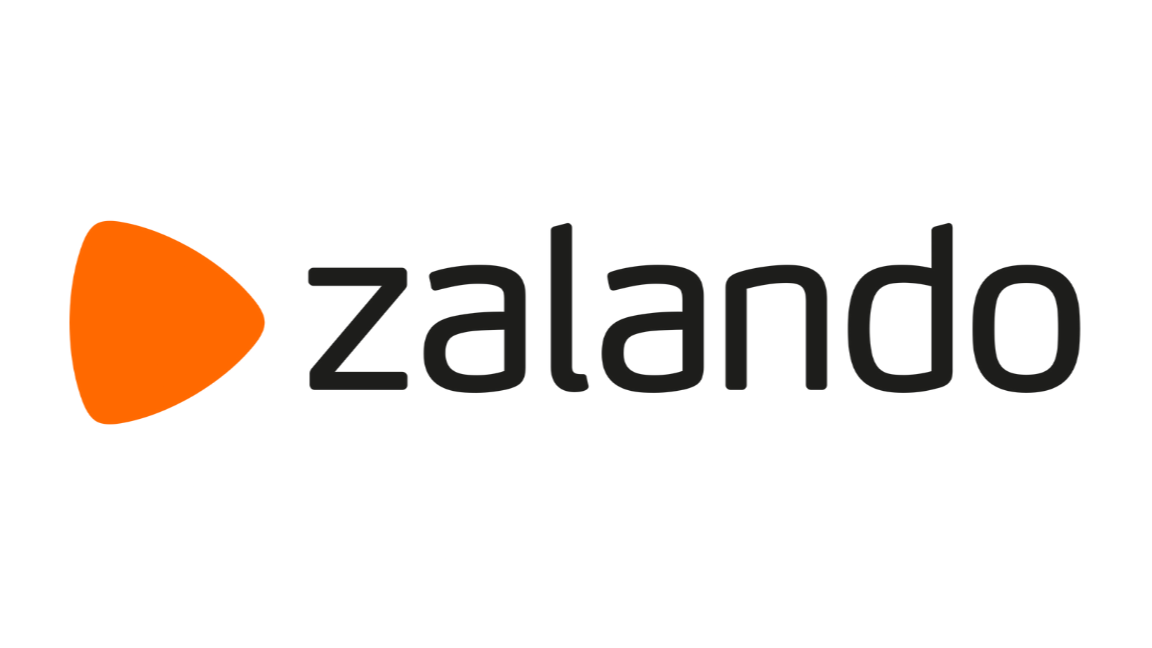Europe’s biggest online fashion retailer Zalando has sued the European Commission over the European Union’s new strict online content rules.
The Digital Services Act (DSA), which came into force in 2022, brands sites with more than 45 million users as very large online platforms (VLOPs). VLOPs are required to comply with a new set of obligations under the DSA which includes assessing and mitigating systemic risks and to providing robust content moderation tools.
In April, the bloc labelled 17 sites as VLOPs and two as very large online search engines (VLOSEs). The former category includes familiar names such as YouTube, Google Maps and Facebook, along with commerce platforms such as Booking.com, Alibaba AliExpress and Zalando.
Zalando is contesting the labelling methodology in the European Court of Justice, and has said that the Commission failed to account for the company’s hybrid business model. The company’s executives have claimed that the site only has around 31 million 'average monthly active recipients of its service', putting it below the threshold.
In a statement, the company’s chief exec Robert Gentz said: "The European Commission misinterpreted our user numbers and failed to acknowledge our mainly retail business model. The number of European visitors who connect with our Partners is far below the DSA's threshold to be considered as a VLOP.”
The company also argued that the site does not present a systemic risk of disseminating harmful or illegal content from third parties
Gentz last week held a meeting with European Commissioner Thierry Breton.
Latest News
-
Asahi weighs dedicated cybersecurity unit after ransomware disruption
-
Crypto exchange HashKey ‘raises $206m’ in Hong Kong IPO
-
UK signs agreement with Canada on semiconductor research network
-
Build-A-Bear teams up with Uber Direct for same-day delivery service
-
BBVA expands ChatGPT to 120,000 employees
-
BIS and Central banks test post-quantum cryptography in payments
The future-ready CFO: Driving strategic growth and innovation
This National Technology News webinar sponsored by Sage will explore how CFOs can leverage their unique blend of financial acumen, technological savvy, and strategic mindset to foster cross-functional collaboration and shape overall company direction. Attendees will gain insights into breaking down operational silos, aligning goals across departments like IT, operations, HR, and marketing, and utilising technology to enable real-time data sharing and visibility.
The corporate roadmap to payment excellence: Keeping pace with emerging trends to maximise growth opportunities
In today's rapidly evolving finance and accounting landscape, one of the biggest challenges organisations face is attracting and retaining top talent. As automation and AI revolutionise the profession, finance teams require new skillsets centred on analysis, collaboration, and strategic thinking to drive sustainable competitive advantage.
© 2019 Perspective Publishing Privacy & Cookies




.jpg)






Recent Stories